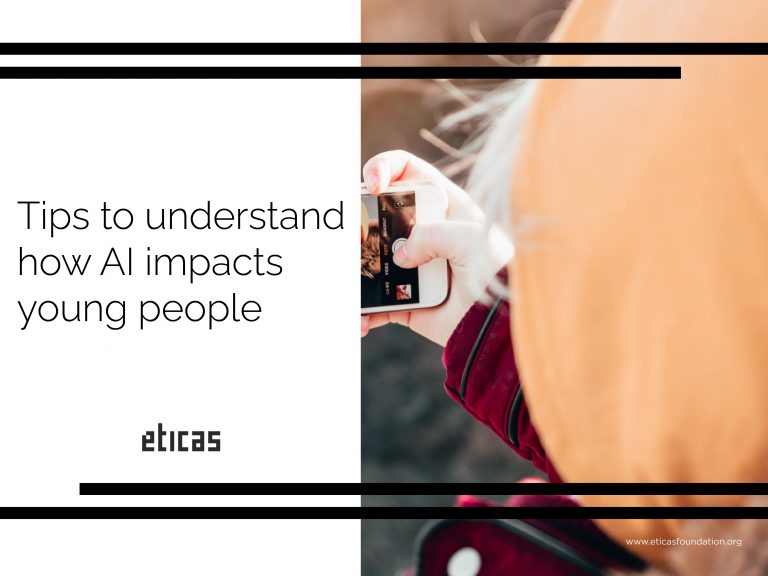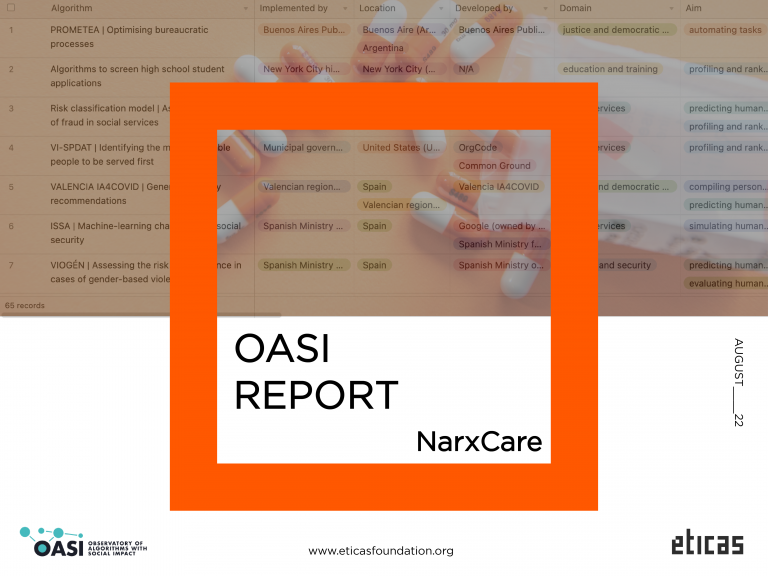Litigation
As our world pursues technological advancements, the possibilities and promise seem endless, but in the process, we must ensure that we safeguard our human rights. The courts and litigation can be an important guarantor for this, if we give them the opportunity to play this role.
The GDPR offers a gateway for litigation. For instance: Article 22 says that, data subjects have a right “not to be subject to a decision based solely on automated processing, including profiling” if it has legal effects that affect them. Article 5(1)(c) limits the scope of data that are allowed to be processed by AI systems. And finally, Article 5(1)(d) enables individuals to challenge tech systems that make inaccurate inferences about identifiable individuals from seemingly unrelated data.
Strategic litigation efforts are aimed at invoking societal change. The impact goes beyond an individual, group, but creates a movement. This means being creative in how we use legal frameworks and best practices while being strategic in what we pursue in the courts.
resources
OUR PROJECTS
Coming Soon! our Access Rights ARCO Project
Stay tuned for our Access Rights project including an updated 2020 version.
Author’s name 1, Author’s name 2, Author’s name 3, Author’s name 4
Quisque sollicitudin augue eget dui aliquet, quis hendrerit libero euismod. Integer suscipit porttitor auctor. In pellentesque vel erat id rhoncus. Sed ultrices tincidunt libero, quis porttitor augue. Proin vulputate nunc nec leo interdum porttitor et ac nulla. Donec nunc nibh, congue in lacinia vitae, viverra in arcu. Nunc lobortis ex ut metus cursus, vel cursus leo placerat. Donec bibendum bibendum dapibus. Curabitur auctor quis ante eu scelerisque. Ut porttitor justo id nibh viverra tristique. Morbi eget libero ac mi consequat lacinia.









